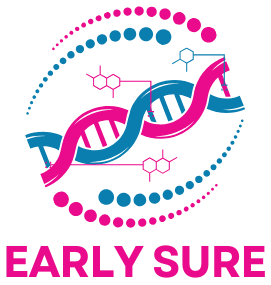Healthcare Checkup
Early detection of cancer.
Cancer Finder
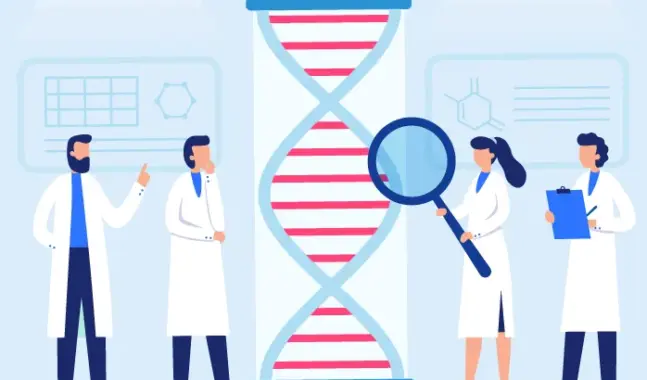
1. Simple Test
Detection of multiple cancer types
through a simple blood test
- 8 solid cancer types (colorectal, gastric, liver, pancreatic, lung, breast, ovarian, prostate) are examined simultaneously in one blood draw.
- By detecting abnormal characteristics of the genome derived from cancer cells, it is possible to determine the presence or absence of cancer-derived DNA and predict the primary tumor site based on those characteristics.
2. Accurate Analysis
Genome precision analysis using latest artificial intelligence (AI) techniques
- Genome data based on next-generation sequencing (NGS) and analysis technology using artificial intelligence provide fast and accurate results.
- In order to find a trace amount of cancer-derived DNA, various characteristics that appear throughout the genome are comprehensively analyzed. In particular, it maximizes performance by comprehensively analyzing the characteristics of methylation, CNV, and DNA fragments, which are known to reflect the differences between cancer types.
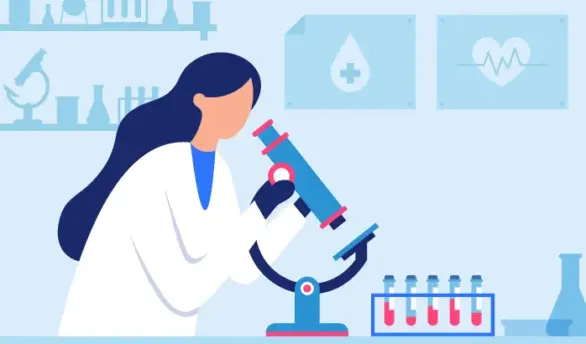
Recommended for
CancerFind detect 8 cancer types
with a simple blood draw
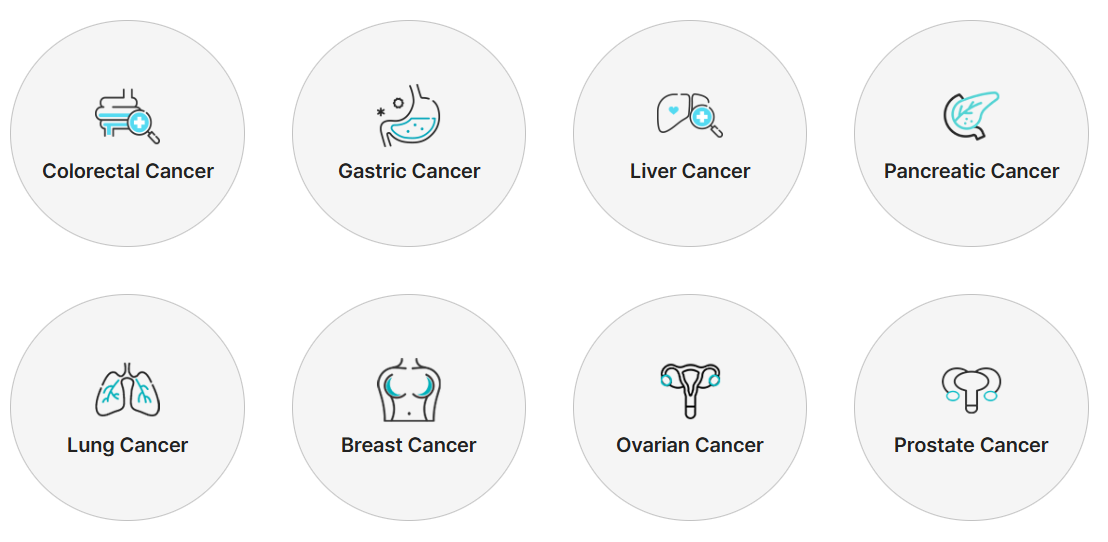
CancerFind Test Process

Blood Sampling
A Simple Blood Draw
20mL of blood is sampled for the CancerFind test.
The blood is Stored in dedicated cfDNA tube.

Blood Sampling
Advanced AI-Driven Genomic Precision Analysis
cfDNA in the blood is extracted and amplified to run Next Generation Sequencing for detecting mutations.

Blood Sampling
Results delivered in 3 weeks
The presence or absence of ctDNA is delineated. When a cancer signal is detected, information regarding the predicted primary tumor site is provided.
Features of CancerFind
Cancer is initially very small in size, only a trace amount of circulating tumor-derived DNA exist in the blood. To detect cancer early, it is crucial to comprehensively analyze changes in the genome that occur due to cancer across a wide range. CancerFind has maximized the performance of early cancer detection through innovative next-generation liquid biopsy analysis technology.
Our Solutions
Company
